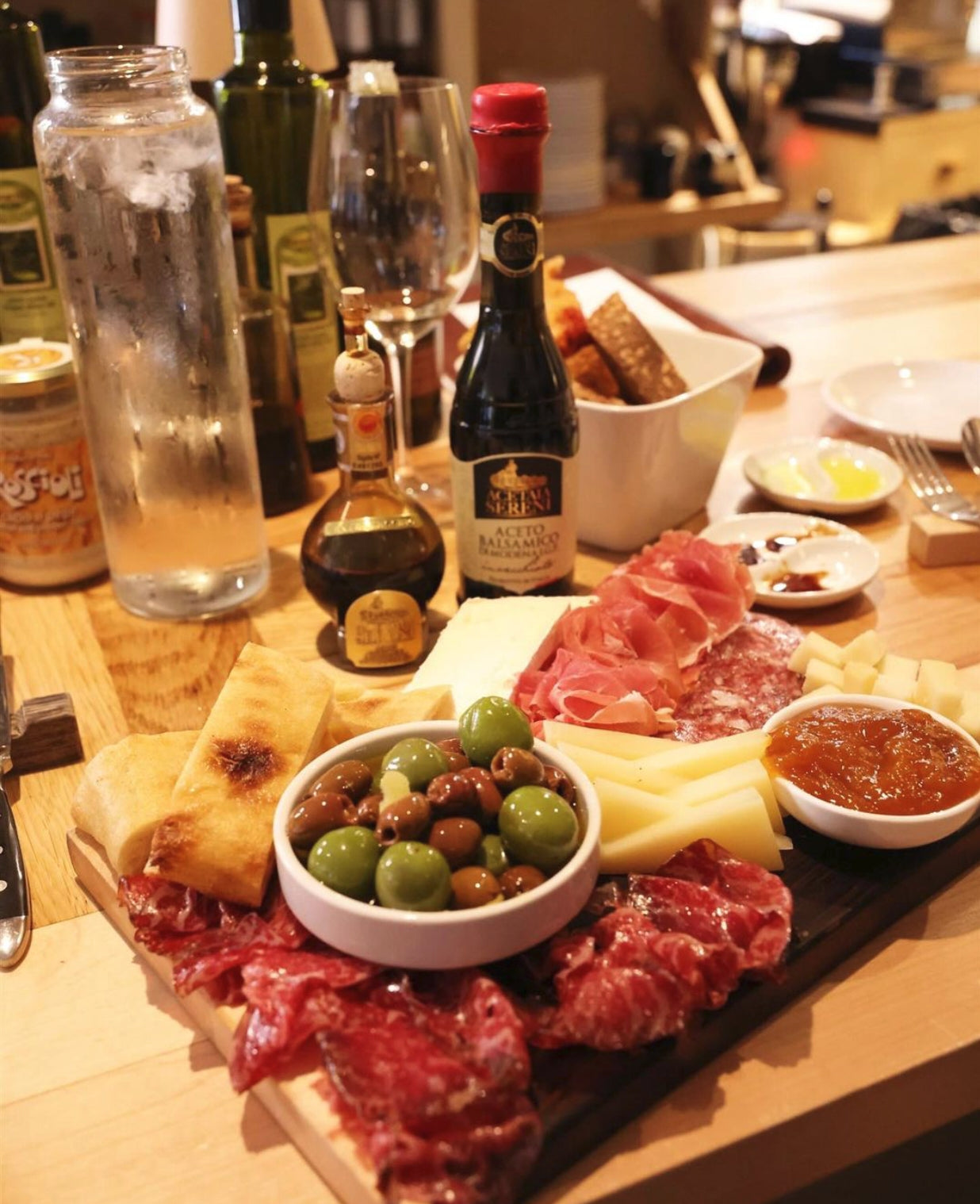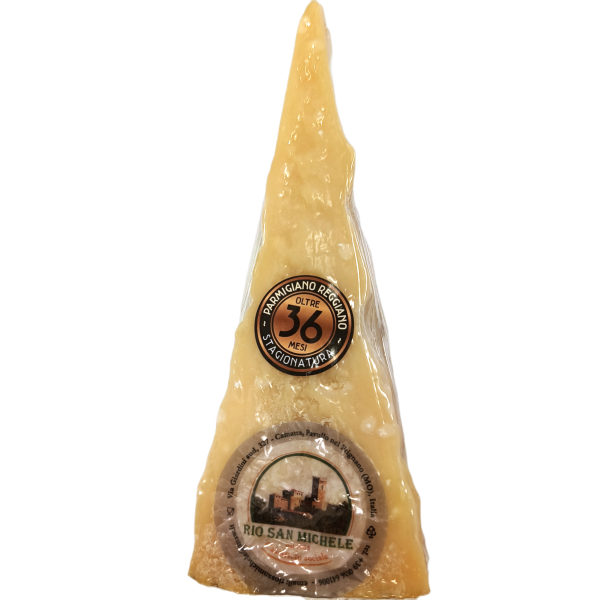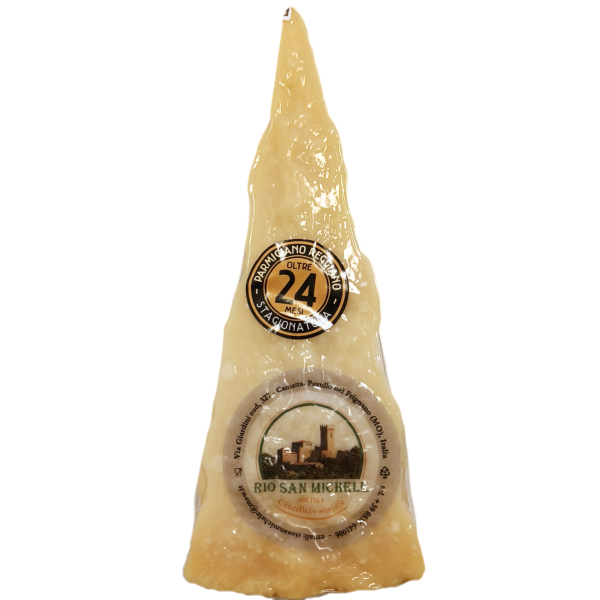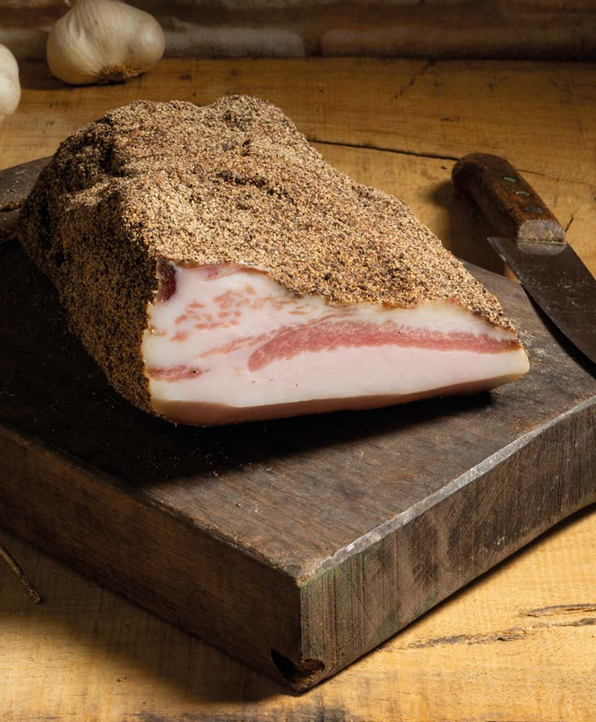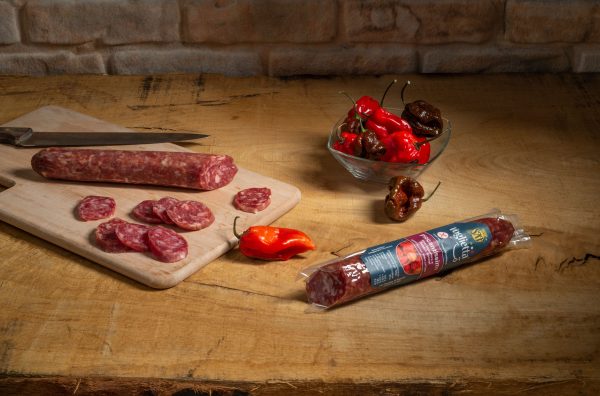Italian popular culture is rich in proverbs and expressions that convey wisdom and tradition, often associated with rural life and daily life. It is not surprising that many of these proverbs are about food, which has always been a central element of social and cultural life in Italy. Food in Italy is not only a necessity, but also a symbol of togetherness, family and well-being. Through proverbs, Italians have passed on valuable life lessons for generations, often using food as a metaphor.
Here are some of the most famous food-related proverbs, which provide an insight into Italian culture and folk wisdom.
1. "Al contadino non far sapere quant'è buono il formaggio con le pere"
Literal translation : "Don't tell the farmer how good cheese with pears is"
This proverb summarizes culinary wisdom that comes from rural life. It suggests that one should not let the farmer know how delicious the combination of cheese and pears is, perhaps to prevent him from taking it for himself. This expression evokes an ancient awareness of how simple but refined combinations can yield superior flavor experiences that not everyone knows about.
Today, this proverb is also a metaphor: some things are so precious and pleasant that it is best to keep them secret to avoid overconsumption or devaluation.
2. "Finire a tarallucci e vino"
Literal translation : "To end with tarallucci and wine"
The expression "finire a tarallucci e vino" is widely used to describe a situation that, despite difficulties or disagreements, ends peacefully and cheerfully, often around a table. "Tarallucci", small savory or sweet cookies typical of Southern Italy, are served with wine and symbolize a moment of reconciliation and lightness.
This proverb highlights an important aspect of Italian culture: conflicts and problems, no matter how serious, can be resolved through dialogue and a good meal. It celebrates the social power of food, capable of transforming conflicts into moments of harmony.
3. "Gallina vecchia fa buon brodo"
Literal translation : "An old hen makes good broth"
This proverb is a clear metaphor: the old hen, no longer useful for laying eggs, is perfect for making a flavorful and nutritious broth. Italian folk wisdom teaches us that experience and maturity often yield better results than youth.
The phrase expresses respect for old age and acknowledges the value of wisdom acquired over time. It also suggests that what may seem less valuable in one context may prove indispensable in another.
4. "Good wine makes good blood"
Literal translation : "Good wine makes good blood"
In Italy, wine is not just a drink, but an integral part of the food and social culture. The proverb "buon vino fa buon sangue" expresses the idea that drinking good wine in moderation can be beneficial to health. This expression also conveys a philosophy of life centered on the well-being that comes from enjoying good and simple things, like a glass of wine.
Figuratively, the proverb suggests that those who lead a calm life surrounded by good things have good health and a positive spirit.
5. "Non tutte le ciambelle escono col buco"
Literal translation : "Not all doughnuts come out with a hole"
This proverb, known throughout Italy, is used to remind us that things don't always go as planned. Doughnuts are famous for having a hole in the middle, but not all doughnuts turn out perfect. It's a metaphor for life: even with effort and dedication, results aren't always guaranteed.
The phrase encourages patience and acceptance of the unexpected and emphasizes that mistakes or imperfections are a part of life.
6. "Pane al pane, vino al vino"
Literal translation : "Bread for bread, wine for wine"
This proverb conveys the value of honesty and clarity. To say "pane al pane e vino al vino" means to call things by their name, to be straightforward and sincere without mincing words. Bread and wine are two essential elements of the Italian culinary tradition, and here they represent the necessity of speaking simply and directly.
This proverb is often used to emphasize the importance of truth and transparency in human relationships and avoiding ambiguity or hypocrisy.
Conclusion
Italian proverbs about food are a bridge between the past and the present, containing the wisdom of generations. They reflect the deep connection between food and culture, demonstrating how eating is not only a need, but also an expression of values, traditions and social bonds. Through these folk proverbs, we can rediscover not only ancient tastes, but also life lessons that, despite the passage of time, remain relevant.
How can you not agree when you're sitting at the table with a piece of Parmigiano Reggiano cheese and a good glass of wine?
Buon appetito!




